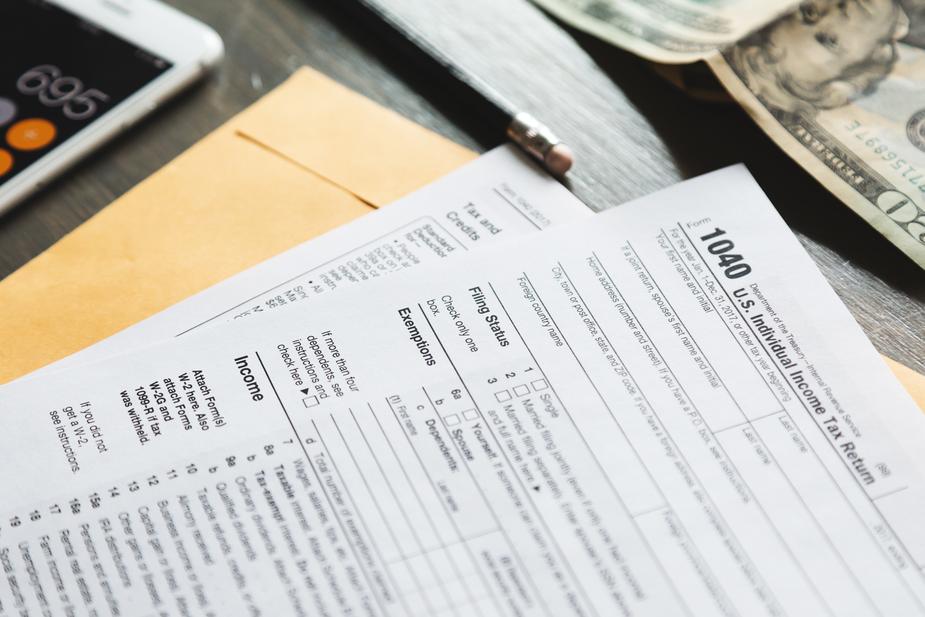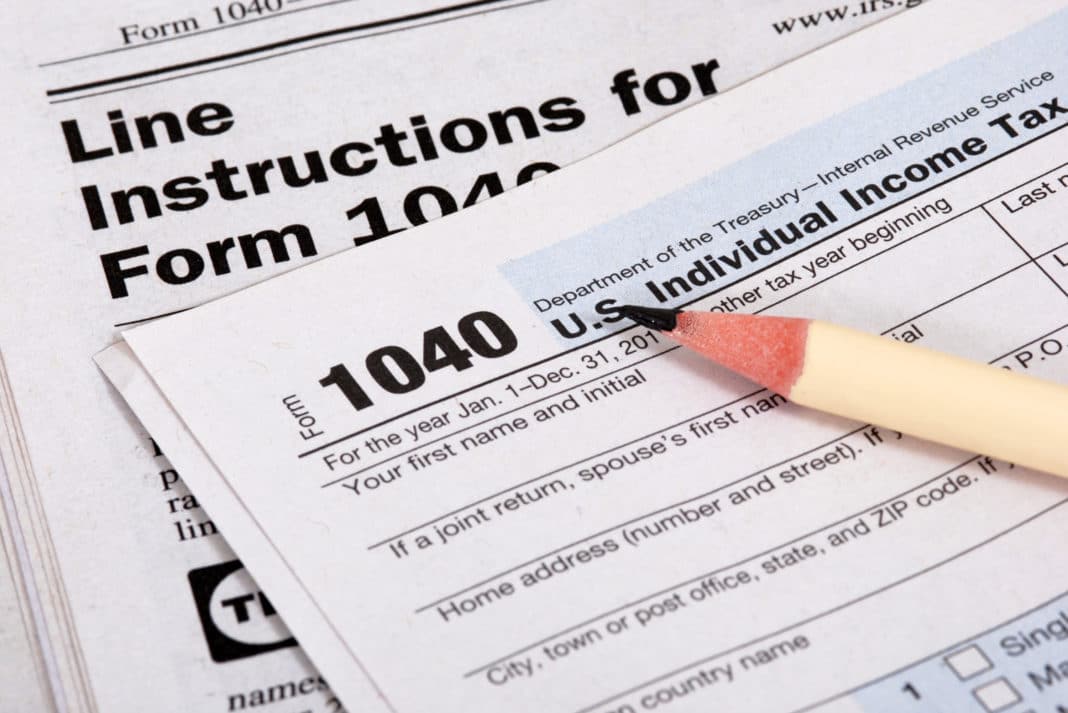Form 843 of the Internal Revenue Service is used to petition the government for leniency in imposing specific penalties formally. Penalties exist for not complying with tax laws, such as not paying or filing tax returns or making employer tax contributions. Forgiveness under these terms has been available since 2001. You can submit a claim for a refund of previously paid taxes using Form 843.
Explanation and Samples of Form 843

The "Claim for Refund and Request for Abatement" Form 843 is used for this purpose. It submits an application to the IRS for First-Time Penalty Abatement, a kind of administrative relief from specific tax penalties.
In this context, "administrative" refers to the fact that this particular tax rule is not established by statute or law. The IRS decides on this matter. Failure to timely file a tax return, pay any taxes owed, or remit tax payments to the government all carry penalties.
To be eligible for the exemption, you must:
- If you were obligated to submit a return in the past three years, you could not have any penalties.
- You have filed all tax returns by the deadline or requested an extension.
- All back taxes to the IRS have been paid, or arrangements have been made.
The penalty and any interest accrued will be removed if your request is granted. Still, the interest will accumulate on the remaining debt until it is paid in full. If your penalty is decreased, so will your interest rate.
Why Is Form 843 Needed?
For any of the following, taxpayers can fill out Form 843.
- Tax Refund
- FICA or excise tax abatement
- The ability to receive a credit for the cost of a name-brand medication prescription
- The cancellation of any penalty for late filing, late payment, or late deposit
A request for a refund of FICA or RRTA overpayment owing to incorrect withholding cannot be made using this form. If your employer is unwilling to make the necessary adjustments to your withholding, you may be eligible for a refund of these taxes.
Talk to a tax expert if that's the case. Gift and estate overpayments, the Additional Medicare Tax, and excise taxes on nontaxable fuels are not refundable through Form 843 either. Offer-in-compromise or lien costs cannot be refunded using this method.
Where Can I Find the IRS Form 843?

An interactive version of Form 843 may be found on the IRS website. It may be filled out digitally and then printed, or manually once printed.
How to Complete Form 843
The first part of IRS Form 843 requests basic personal information such as your name, address, daytime phone number, and Social Security numbers (for both you and your spouse). Businesses that are required to file taxes must provide their EIN. As you'll see in a moment, the form's fields are all described in detail.
- Line 1: Indicate the tax year you want to be reviewed.
- Line 2: Enter refund or abatement amount.
- Line 3: Type of tax
- Line 4: Specify the sort of punishment you're facing. Be sure to cite the relevant provision of the IRS code. The directions will tell you all you need to know.
- Line 5a: Say why you want relief. Please select the appropriate box or skip this area if none of the options described your circumstance accurately.
- Line 5b: Enter the dates of any tax payments you want to be reimbursed.
- Line 6: Indicate the tax return type.
- Line 7: Explain why you're requesting assistance. If you need more space, feel free to attach more pages.
You'll need to sign the paperwork under the threat of legal action for perjury.
Location of Form 843 Mailing
To dispute a penalty fee, send a completed Form 843 to the address shown on the notification you received. If no notification is provided or submitted for a reason other than penalty abatement, send it to the IRS service center, where you would ordinarily mail your tax return.
To obtain a discount on your brand-name prescription medicine cost or to file a claim on behalf of a deceased person's estate, you must write to one of two different addresses. The instructions for Form 843 from the IRS include a comprehensive list of them.
Form 843 Submission Requirements
Except in cases of excise taxes, filing Form 843 is as easy as mailing in the completed form. Form 4720 would also be required in that scenario. Instructions for completing this form can be found on the IRS website.
Special Considerations
If you get a statutory notice of claim disallowance from the IRS or if six months pass with no response, you can file a petition with the U.S. District Court or the U.S. Court of Federal Claims. To secure your right to pursue a refund claim after the statute of limitations has passed, you can submit a "protective claim." To the law, false claims are the same as actual ones.

How to Execute a Balance Transfer with American Express?

TransUnion vs Equifax

Share What Kinds Of Assets Are Not Exempt When Filing For Bankruptcy?

ICO is in vogue

What Is Market Risk? A Complete Guide

An Overview Of TruStage Life Insurance

What Is Worldwide Income? What you Need to Know

Do You Know: How Remote Work Could Affect Your Income Tax?

Get To Know What Income Level is Considered Rich

Annual Financial Checkup

What To Do When You Overcontribute to Your 401(k) Plan (k)
